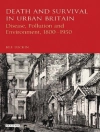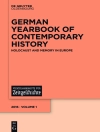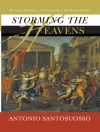Men in reserve focuses on working class civilian men who, as a result of working in reserved occupations, were exempt from enlistment in the armed forces. It uses fifty six newly conducted oral history interviews as well as autobiographies, visual sources and existing archived interviews to explore how this group articulated their wartime experiences and how they positioned themselves in relation to the hegemonic discourse of military masculinity. It considers the range of masculine identities circulating amongst civilian male workers during the war and investigates the extent to which reserved workers draw upon these identities when recalling their wartime selves. It argues that the Second World War was capable of challenging civilian masculinities, positioning the civilian man below that of the ‘soldier hero’ while, simultaneously, reinforcing them by bolstering the capacity to provide and to earn high wages, frequently in risky and dangerous work, all which were key markers of masculinity.
Tabella dei contenuti
1. Men in reserve: recovering the civilian man
2. Raising an ‘industrial army’: the policy of reservation in the First and Second
World Wars
3. ‘Making a contribution to the war effort’: reactions to reserved status,
masculinity and the military
4. Grafters not shirkers: reserved men at work
5. Bodies on the line: risk, health and manliness
6. Outside the factory gates: reserved life on the home front
7. Forgotten: the missing legacy of Britain’s reserved occupations
Concluding thoughts
Index
Circa l’autore
Penny Summerfield is Professor of Modern History at the University of Manchester
Penny Summerfield is Professor of Women’s History at Manchester University












